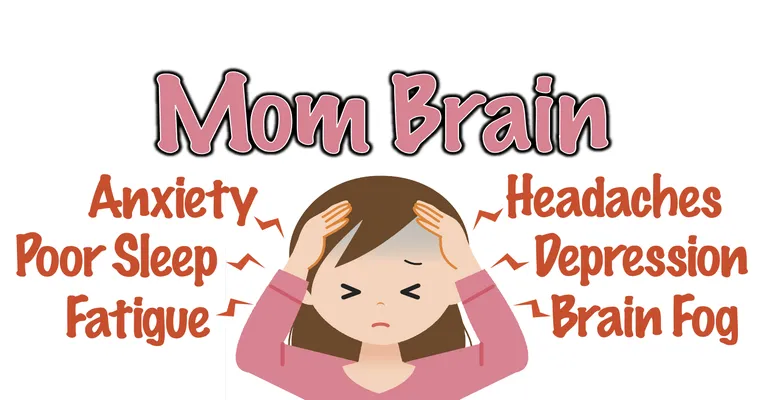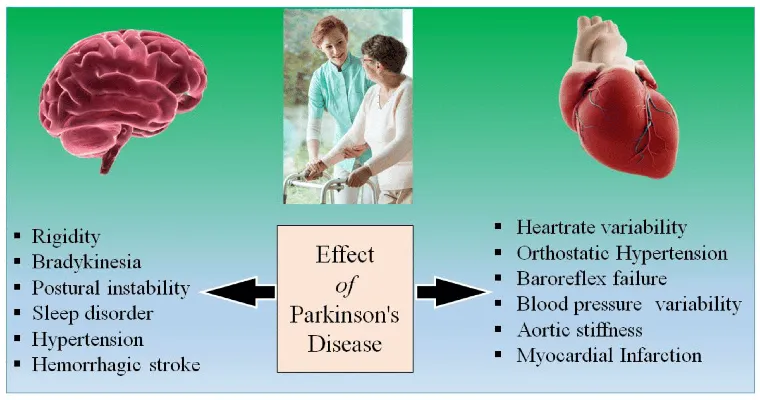As we age, it's not uncommon for our loved ones to experience "brain fog", a term that describes feelings of confusion, forgetfulness, and lack of mental clarity. If your "89 year old mom" is expressing concerns about her cognitive function, it is essential to understand the possible "causes of brain fog" in older adults. This article explores various factors that could contribute to her symptoms, helping you identify potential underlying issues and solutions.
Common Causes of Brain Fog in Older Adults
1. "Medications": Many seniors are prescribed medications for chronic conditions. Some of these medications may have side effects that impact cognitive function, leading to feelings of confusion or mental sluggishness. It’s crucial to review her medications with her healthcare provider to determine if any could be contributing to her brain fog.
2. "Sleep Disorders": Quality sleep is vital for maintaining cognitive health. Conditions like sleep apnea or insomnia can disrupt sleep patterns, leading to fatigue and brain fog during the day. If your mom is not getting restful sleep, it might be worth investigating her sleep habits and seeking solutions.
3. "Nutritional Deficiencies": A balanced diet is essential for brain health. Deficiencies in certain vitamins and minerals, such as vitamin B12, vitamin D, and omega-3 fatty acids, can contribute to cognitive decline. Consider discussing her diet with a healthcare professional to ensure she is getting the necessary nutrients.
4. "Dehydration": Older adults are at a higher risk of dehydration, which can lead to confusion and cognitive impairment. Encourage your mom to drink enough fluids throughout the day, as even mild dehydration can affect her mental clarity.
5. "Medical Conditions": Various medical issues can result in cognitive problems. Conditions like "Alzheimer's disease", "dementia", and other neurological disorders should be considered if brain fog persists. Regular check-ups with a healthcare provider can help monitor her overall health and detect any concerns early.
6. "Mental Health": Anxiety, depression, and stress can significantly impair cognitive function. If your mom is experiencing emotional distress, it may be worthwhile to explore mental health support options. Therapy or counseling can provide her with coping strategies to manage her feelings.
7. "Social Isolation": Loneliness and social isolation are common among the elderly and can negatively impact mental health. Encouraging social interactions with family and friends can help keep her mind engaged and reduce feelings of brain fog.
When to Seek Professional Help
If your mom's brain fog is persistent and affecting her daily life, it is essential to seek professional help. A thorough evaluation by a healthcare provider can help identify the underlying cause and determine an appropriate treatment plan. Early intervention can make a significant difference in her quality of life.
Conclusion
Experiencing "brain fog" at an older age can be concerning, but understanding the potential causes can help you take proactive steps. Whether it’s medication-related, nutritional, or linked to mental health, there are many avenues to explore. Encourage your "89 year old mom" to communicate openly about her symptoms, and consider consulting with her healthcare provider to ensure she receives the support she needs. By addressing the underlying issues, you can help improve her cognitive function and overall well-being.





